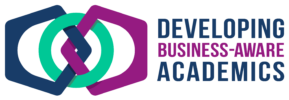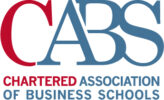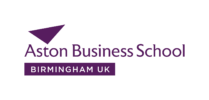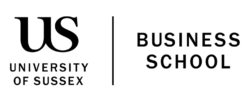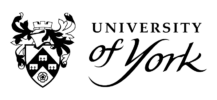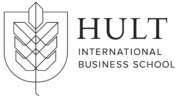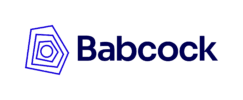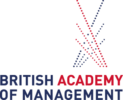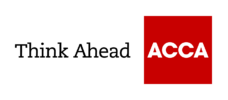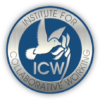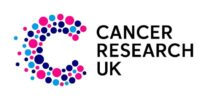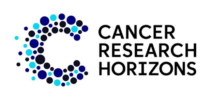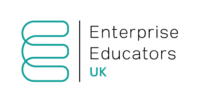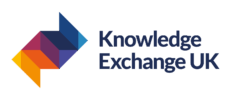Developing Business-Aware Academics welcomes three new academic team members – Published: 6 June 2024
The Developing Business-Aware Academics project has recently welcomed three new academics to the team. We caught up with Felipe, Jo and Kate to find out more about them and what drew them to the project.
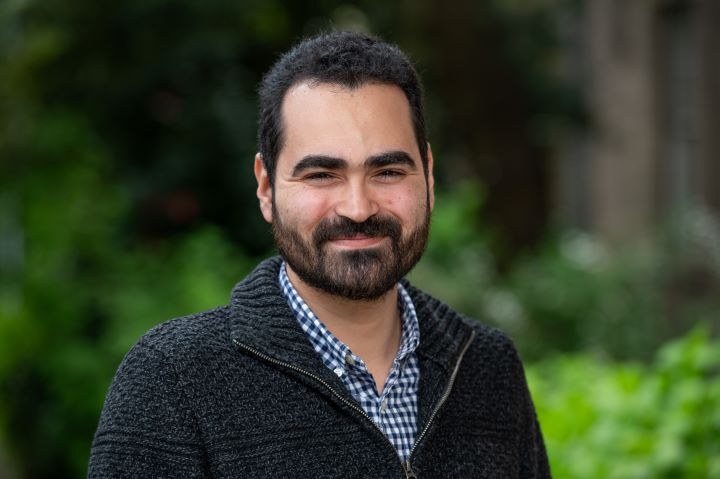
Dr Felipe Do Nascimento Rodrigues
Felipe joins us as a Lecturer in Business Education with a particular focus on designing innovative models of training provision for doctoral and early-career researchers in business skills, competencies and mindsets.
Find out more about Felipe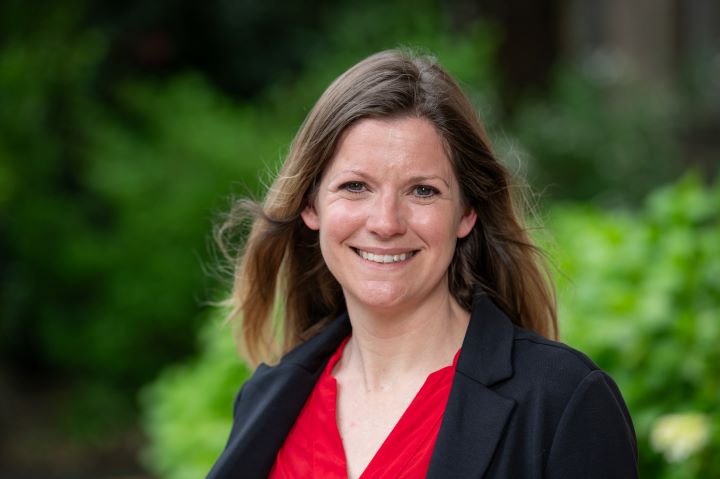
Dr Jo Bowler
Jo is our new Impact Fellow, responsible for designing multi-disciplinary initiatives for researchers interested in engaging with business and industry and building a campaign to champion the advantages of increased collaboration.
Find out more about Jo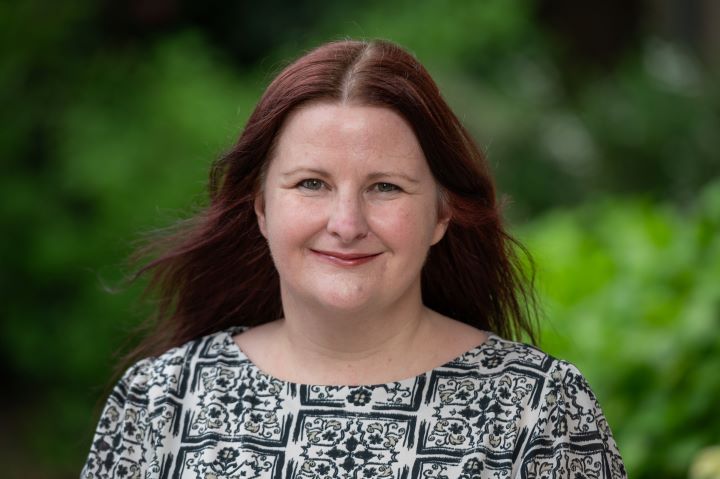
Dr Kate Ellis
Kate is our new Research Fellow and will lead on building an evidence base through research into existing provision and good practice across higher education and industry, and continually evaluating the impact and effectiveness of our initiatives.
Find out more about KateFirst of all, what drew you to the project and role?
Felipe: A strong need and desire for change. After finishing my Doctorate, I couldn’t stand the prospect of starting the cycle of postdocs, short contracts, and uncertainty, particularly when visa sponsorships are on the line and life prospects feel like they are hanging by a (very thin) thread.
I strongly believe that by creating, managing, and promoting broader and wide-reaching training models, that raise our awareness to more possibilities to use the many skills and knowledge developed across PhDs and Postdocs, we can improve the prospects of researchers. Whether they choose to pursue an academic career or not, this to me, is the beauty of the project and what attracted me the most to it. It has the potential to help open doors and create possibilities.
Jo: Universities are fantastic melting pots of ideas and innovations and many of these have the potential to address some of the big challenges of our time – from finding solutions to the climate crisis to addressing the needs of an ageing population and rethinking the drivers of community cohesion.
I believe that one of the best ways for universities to make an impact in these areas is to connect with businesses. However, the pathways for this to happen are not always clear – and that’s where this project comes in!
Kate: I’ve worked a lot recently with ECRs and PGRs to think about researcher wellbeing and research culture in a landscape in which academics are under increasing pressure to both demonstrate the wider impact of their work, and to secure funding, while navigating often precarious contracts. Developing business-aware skills and competencies provides researchers with new ways of thinking about how to do both of these things, opening up more, and different, opportunities for success. I believe this project, and the Research Fellow role, will allow me to take a deeper dive into how best to support researchers to develop the mindset and competencies to develop business-awareness in a way that embeds researcher wellbeing, and research culture as underlying principles.
From your perspective, what are some of the key barriers early-career researchers face when collaborating with industry from within academia or considering a role beyond academia?
Felipe: I think the lack of flexibility from people and organisations can be extremely hindering. From ECRs and PGRs who are deeply focused in their research topic to think of ‘anything that slightly deviates from it’ (definitely guilty of that during my PhD), to unsupportive supervisors, to institutional policies focusing mainly on ‘finishing it on time’ and lastly, to the lack of a ‘shared language’ where people can transfer and communicate across sectors.
Jo: There can be distinct differences between business and academic workplaces. Understanding these can be helpful when considering a university-business collaboration or a new role. I previously moved from a post-doctoral research position into a fast-paced business communications consultancy, and I found the workplace culture, expectations, and pressures very different. It was a great learning experience, but it would have been even better to have been prepared! This is something that we are addressing in this project.
Kate: Time and money are perennial barriers, particularly for early career researchers on precarious contracts, and PhD students with time-limited funding. Confidence, or lack thereof, in the transferability of research and skills between sectors, assumptions and preconceptions, and the challenges of shifting organisational cultures, can all block collaboration opportunities, as can a simple lack of knowledge about where and how to access those opportunities. I’m hoping that this project will also help us to draw out some perhaps unforeseen barriers to researcher-business engagement that we can find ways to overcome.
What are you most excited about over the next three years of the project?
Felipe: I am very excited to learn more about the Higher Education sector and the multitude of opportunities for industry collaboration! I am also really looking forward to working together with the many creative people out there to co-create content to help researchers with their future careers.
Jo: I can’t wait to see how our initiatives can help bring solutions to the sustainability, health and societal challenges we are facing.
As a project team, we are carefully assessing the needs of both researchers and businesses and running tailored programmes that develop the mindsets, skills and networks needed to translate ideas and innovations.
It’s going to be exciting to see how this approach makes a difference!
Kate: I’m excited to have the time and space to build a diverse evidence base, to ensure we consider the challenges involved in developing business-aware academics through a multitude of lenses, making evidence-based recommendations for change. I’m also looking forward to working within a wider team of brilliant people!
